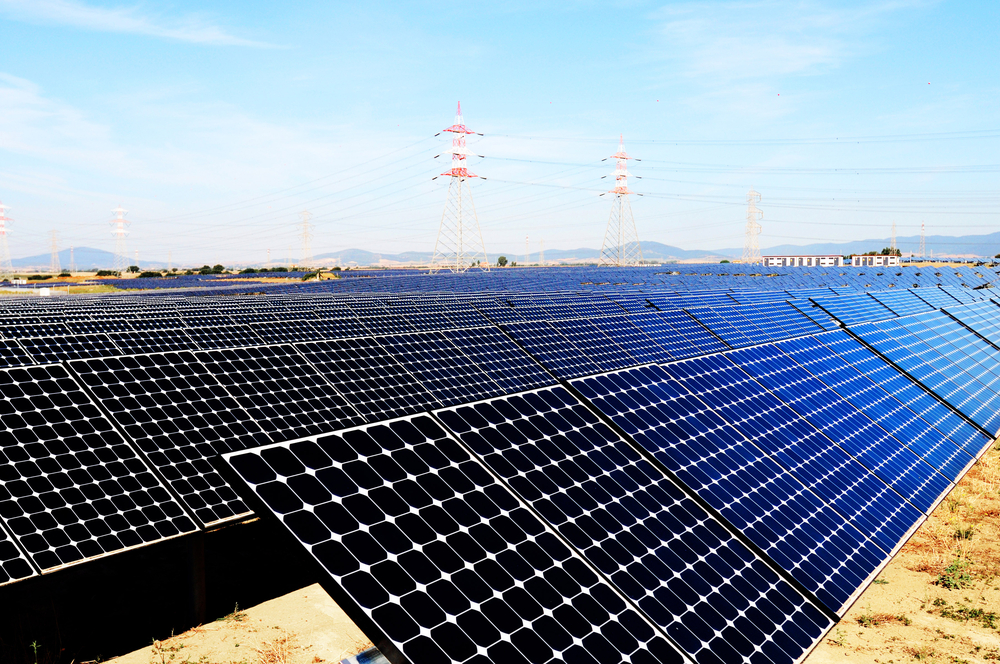A tri-national team of scientists from Israel, Singapore and Switzerland has reported a major advance in the physics of perovskite solar cells – a new class of inorganic-organic hybrid materials that is creating a revolution in photovoltaic technology.
The researchers – among them Profs. Jeffrey M. Gordon and Eugene A. Katz, both from the Jacob Blaustein Institutes for Desert Research, Alexandre Yersin Department of Solar Energy and Environmental Physics at Ben-Gurion University of the Negev — used a combination of experiments that independently and expansively varied the intensity of incident light and cell temperature, toward elucidating the molecular mechanisms that permit these solar cells to exhibit surprisingly high voltage (more than 1.0 Volt per cell at ambient temperatures), while maintaining high current density and low internal resistive losses, which are essential for their superior performance.
Unlike most other photovoltaic devices where efficiency worsens as temperature rises, the research team produced high-performance cells where efficiency actually improves as the cells heat up, at common outdoor temperatures.
“Perovskite” refers to a specific type of crystal structure, originally identified by the 19th century Russian mineralogist L.A. Perovski. Perovskite solar cells are not only relatively simple to fabricate and far less expensive than silicon, but can be processed at temperatures 1000°C below those required for silicon.
The new study – recently published in Advanced Materials– suggests deploying perovskite solar cells under concentrated sunlight toward realizing even higher efficiency – one of the next tasks in their planned experimental studies.
In addition to the two Israeli scientists, the research team was comprised of Wei-Lin Leong and Zi-En Ooi, from the Institute of Materials Research and Engineering, Singapore, Dharani Sabba and Nripan Mathews, from Nanyang Technological University, Singapore and Chenyi Yi, Shaik M. Zakeeruddin and Michael Graetzel, from Ecole Polytechnique Fédérale de Lausanne, Switzerland.
Fighting for Israel's truth
We cover what makes life in Israel so special — it's people. A non-profit organization, ISRAEL21c's team of journalists are committed to telling stories that humanize Israelis and show their positive impact on our world. You can bring these stories to life by making a donation of $6/month.





